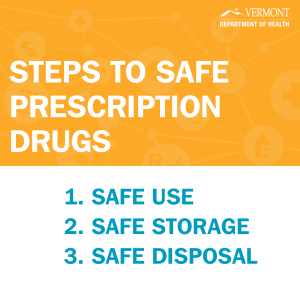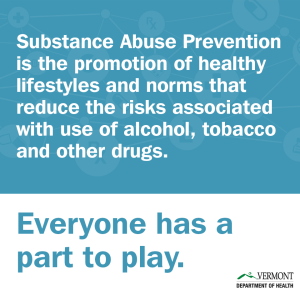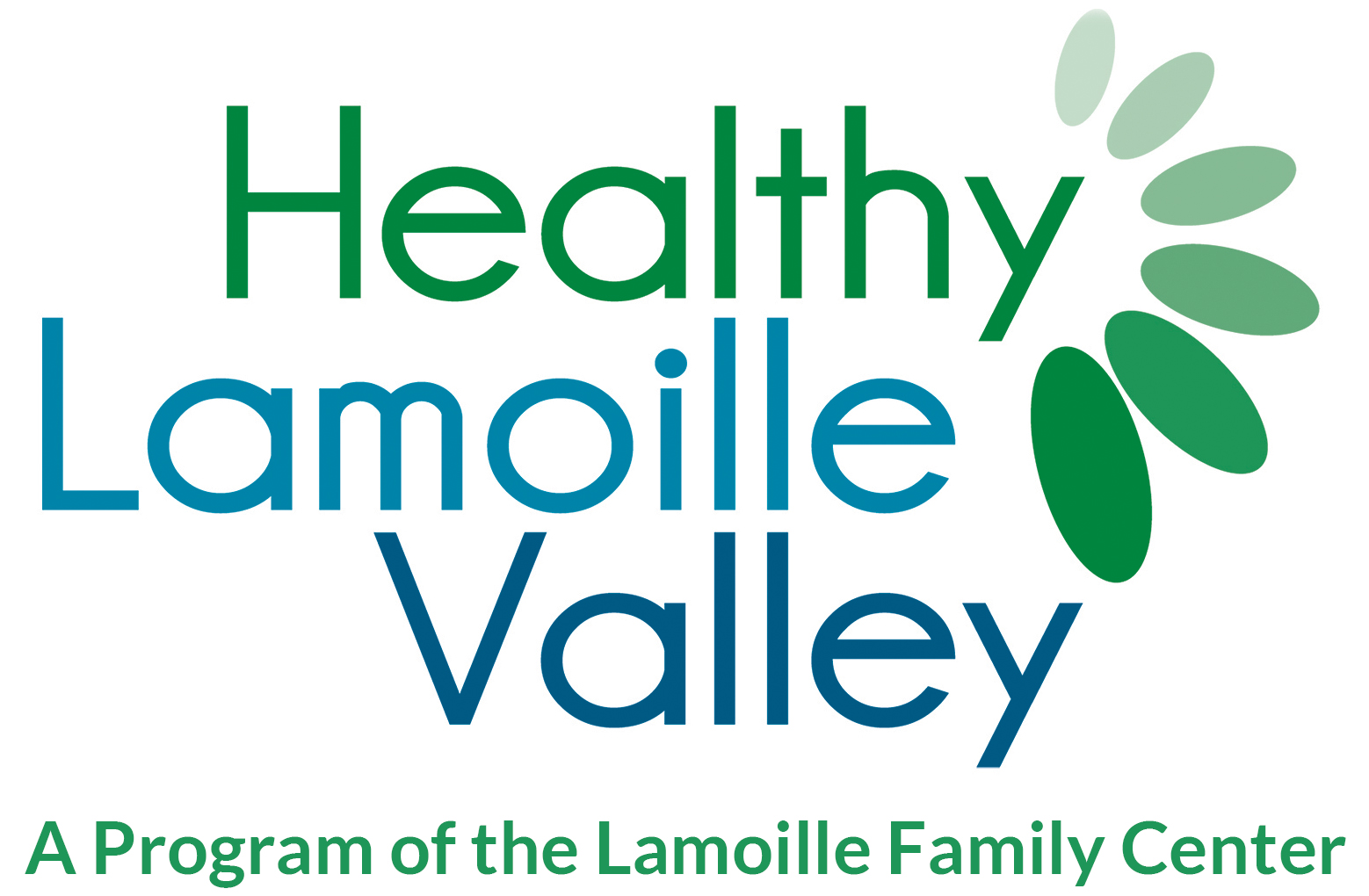 Safe Use — Safe Storage — Safe Disposal — Open Conversations
Safe Use — Safe Storage — Safe Disposal — Open Conversations
These are really the four keys to preventing prescription drug abuse in our communities. Simple Really.
Safe Use from the Start – Talk to your doctor when she prescribes you or your child/teen a new medicine. Ask how it should make you feel and how it might interact with any other medicines you may be taking. In the case of painkillers and highly addictive drugs, ask if a smaller dosage would be effective. Are there possible side effects? And of course what is the proper dosage amount, frequency and duration. These questions will help you get the dosage that’s right for you and will let you know what to expect when taking the medicine. If you start taking a medicine and it doesn’t feel right– including making you feel better than you ever have– call your doctor to discuss if this medicine is right for you. Connected with safe usage is not sharing your medicines. Prescription medicines are prescribed for YOU, taking into consideration your specific health concerns and could be dangerous for someone else to use.
This quote from http://www.easyread.drugabuse.gov/what-is-addiction.php expresses the importance of knowing your body and tracking the changes that may be happening while under the care of prescription drugs. “When people start taking drugs, they don’t plan to get addicted. They like how the drug makes them feel. They believe they can control how much and how often they take the drug. However, drugs change the brain. Drug users start to need the drug just to feel normal. That is addiction, and it can quickly take over a person’s life.”
Safe Storage – The Vermont Department of Health recommends storing medicines in a secure location that is not accessible to everyone. Medicine cabinets are not the best place to store medicines as they provide anyone, including children and teens, private access to your medicines. The best place to store medicines is a locked box. Counting your prescriptions often helps you know that you are taking the proper dosage and alerts you if someone else is taking them.
Safe Disposal – Unused prescriptions have been dubbed, “Vermont’s most dangerous leftovers.” When we keep unused prescriptions around our homes we are often not thinking about them; making them much more accessible to someone struggling with addiction. Locally we have good options for disposal. The Lamoille County Sheriff’s Department and the Hardwick Police Department accepts unused or expired prescriptions (except for Sharps) any time. For more information on Sharps disposal please visit: http://healthvermont.gov/adap/documents/sharps_disposal_flyer.pdf
 Develop Relationships that Foster Open Communication – Finally, Healthy Lamoille Valley suggests that you talk about prescription drug safe storage and disposal with children, teens, and elders to help them be aware of the importance of medicine safety. The best time to prevent addiction is before it starts. Knowing how to properly use, store, and dispose of medicines will help keep everyone and the environment safe. Regular doctor’s visits and well-child checkups provide opportunities to continue the conversations and ask questions that you, your elders, or your child may have about medicines. These visits allow doctors to identify and share potential risk factors before they develop, preventing many. More resources are available at: https://www.healthylamoillevalley.org/resources/rx/
Develop Relationships that Foster Open Communication – Finally, Healthy Lamoille Valley suggests that you talk about prescription drug safe storage and disposal with children, teens, and elders to help them be aware of the importance of medicine safety. The best time to prevent addiction is before it starts. Knowing how to properly use, store, and dispose of medicines will help keep everyone and the environment safe. Regular doctor’s visits and well-child checkups provide opportunities to continue the conversations and ask questions that you, your elders, or your child may have about medicines. These visits allow doctors to identify and share potential risk factors before they develop, preventing many. More resources are available at: https://www.healthylamoillevalley.org/resources/rx/
